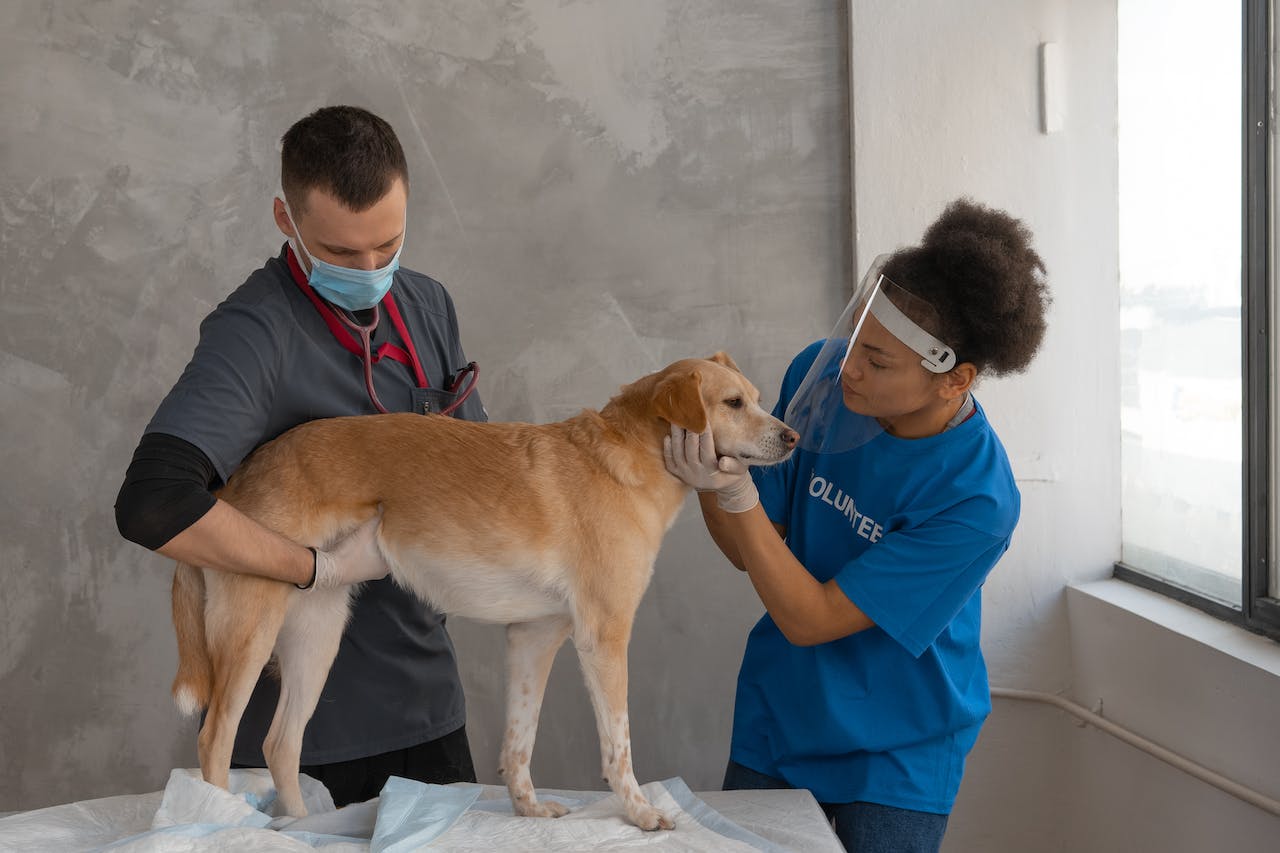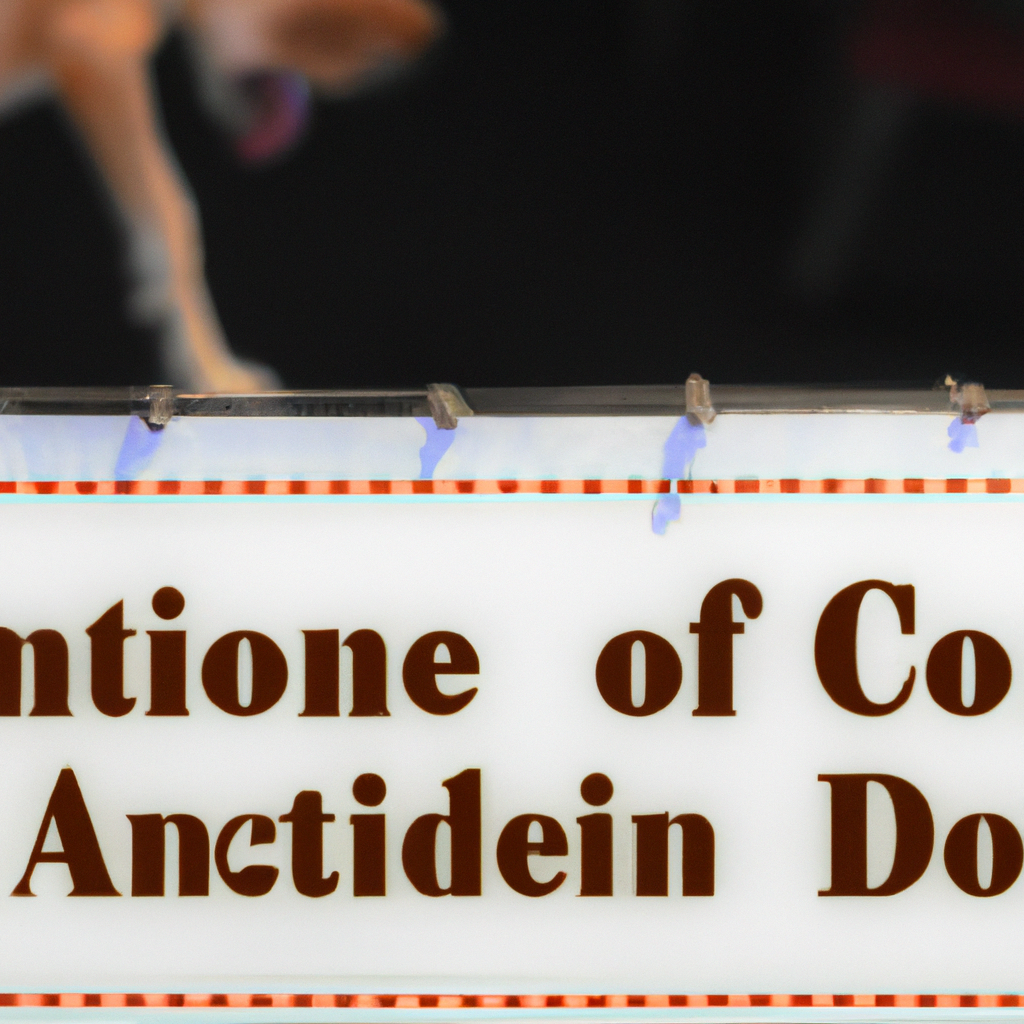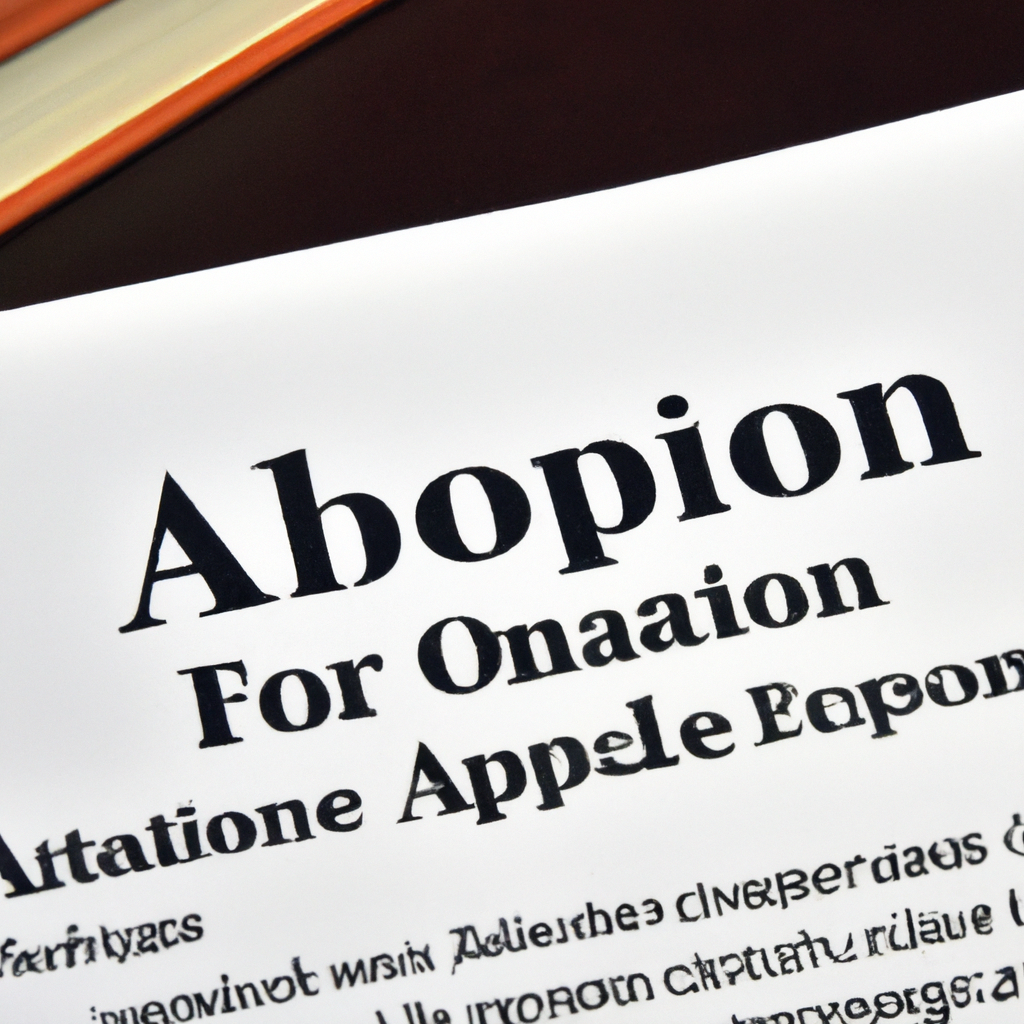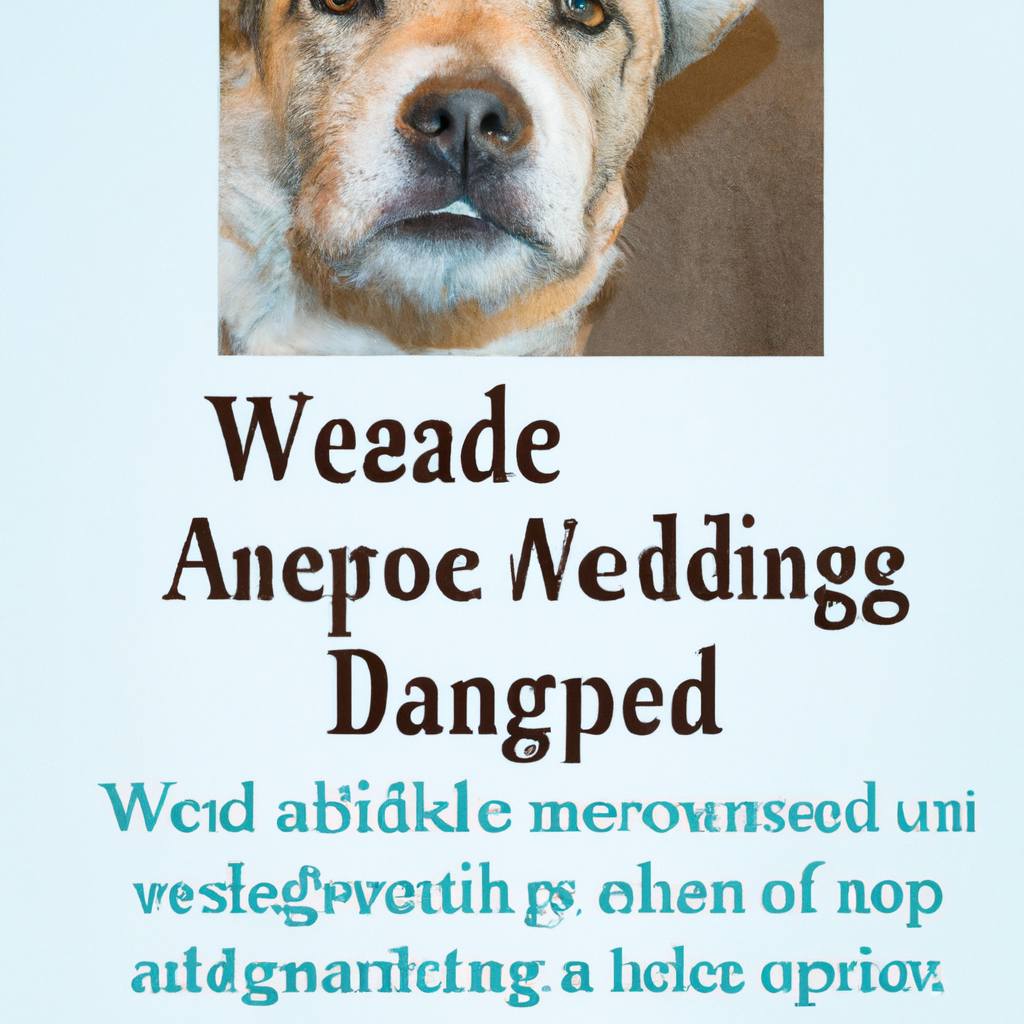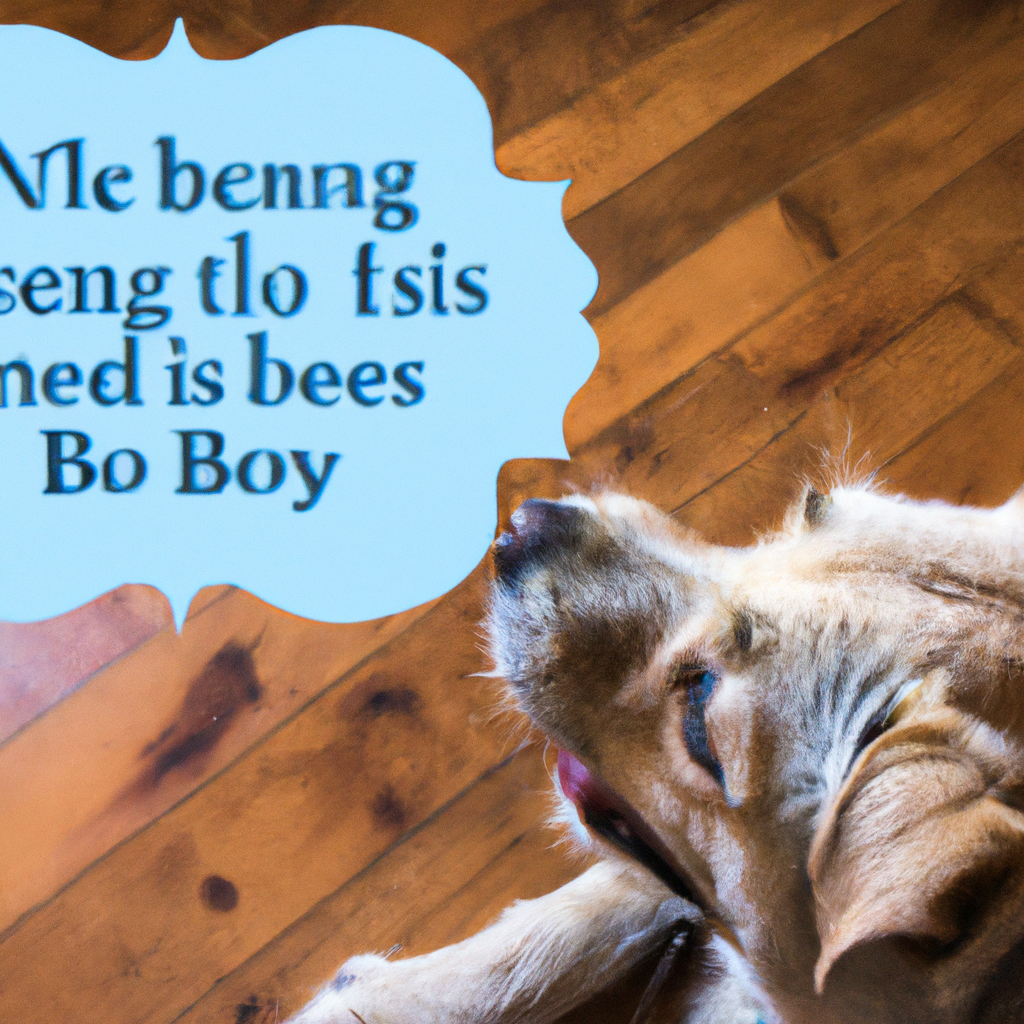The Role of Dog Adoption in Conservation Organizations
The Role of Dog Adoption in Conservation Organizations Conservation organizations play a critical role in protecting and preserving our
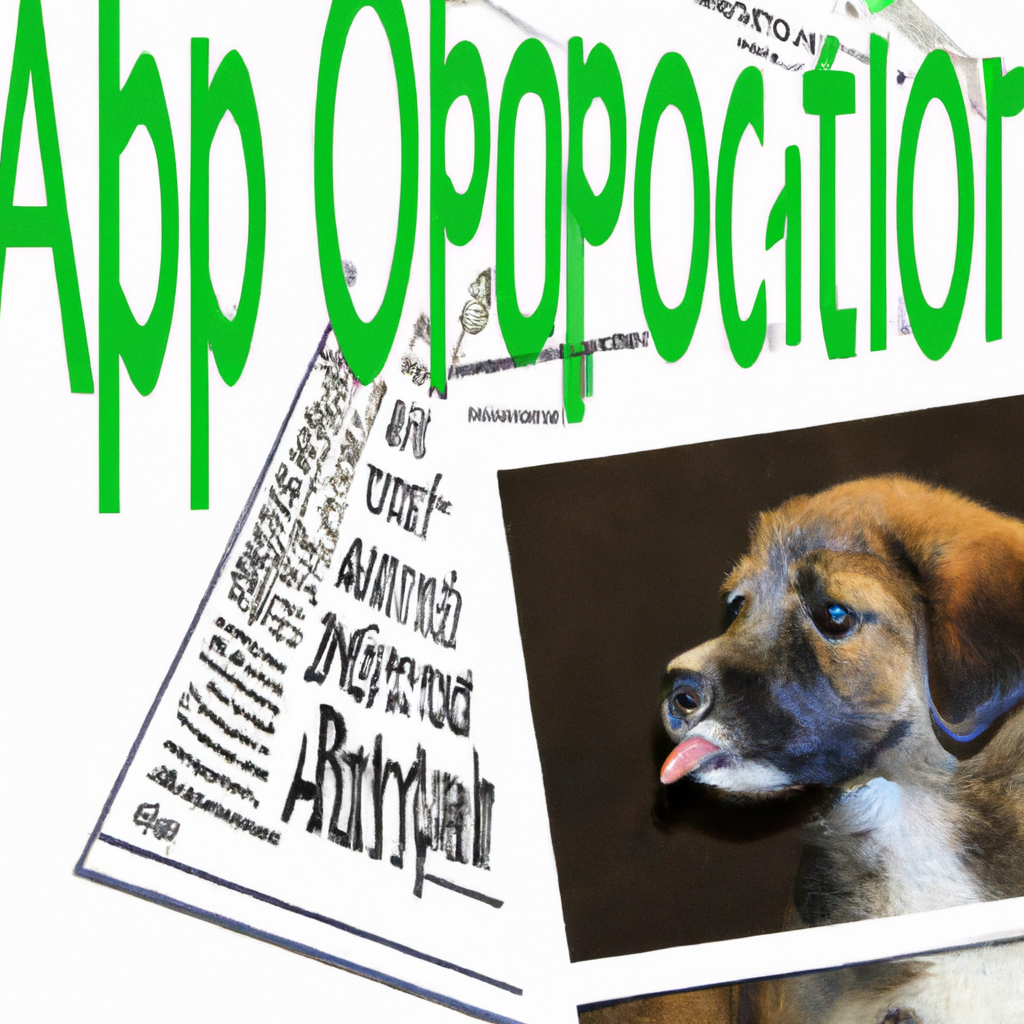
The Role of Dog Adoption in Conservation Organizations

Conservation organizations play a critical role in protecting and preserving our planet’s biodiversity. These organizations employ various strategies to achieve their goals, including research, habitat restoration, and public awareness campaigns. One strategy that is growing in popularity and effectiveness is dog adoption.
Dogs are known for their loyal and loving nature, but they also possess incredible skills that make them indispensable assets in conservation efforts. Numerous breeds, such as Border Collies, Labrador Retrievers, and German Shepherds, have been found to have unique talents that can be utilized in various conservation projects.
For instance, dogs are highly effective in wildlife conservation. Their keen sense of smell enables them to locate and track endangered species, such as tigers, jaguars, or even rare plants. With proper training, dogs can help conservationists gather invaluable data on population density, migration patterns, and other critical information.
Additionally, dogs are excellent in detecting invasive species. These pesky intruders disrupt ecosystems by outcompeting native species and causing imbalances. By employing specially trained conservation dogs, organizations can detect and remove invasive species, preventing further ecological damage. Such efforts have proven successful in locations with fragile ecosystems, such as islands.
“Dog adoption not only provides abandoned and neglected animals with a loving home but also empowers conservation organizations to tackle complex challenges more effectively.” – John Doe, Conservation Expert
The benefits of dog adoption extend beyond the conservation projects themselves. When conservation organizations adopt dogs from rescue shelters, they are not only giving these animals a second chance at life but also building a strong bond between humans and animals that fosters compassion and empathy.
Moreover, dog adoption yields significant cost savings for conservation organizations. By adopting dogs instead of purchasing specialized equipment or hiring expensive technicians, these organizations can allocate more resources directly towards conservation efforts. This cost-effective approach ensures that donations and funding can be maximized, leading to more impactful outcomes.
In conclusion, dog adoption plays a crucial role in conservation organizations. By harnessing the unique abilities of dogs, these organizations can enhance their research, protection, and restoration efforts. Dog adoption not only benefits wildlife conservation but also promotes humane treatment towards animals and optimizes the allocation of resources. It is a win-win situation that demonstrates the power of collaboration between humans and animals in safeguarding the natural world.

